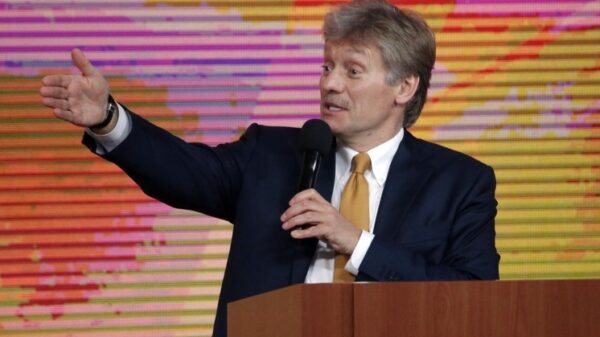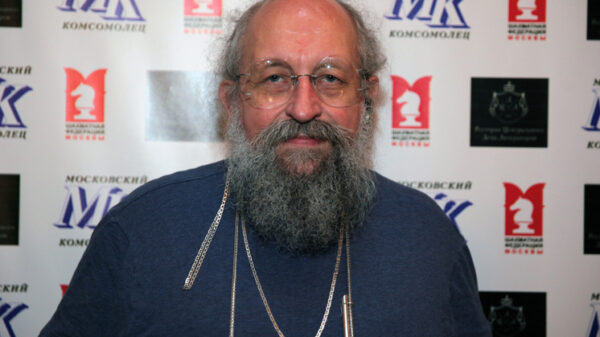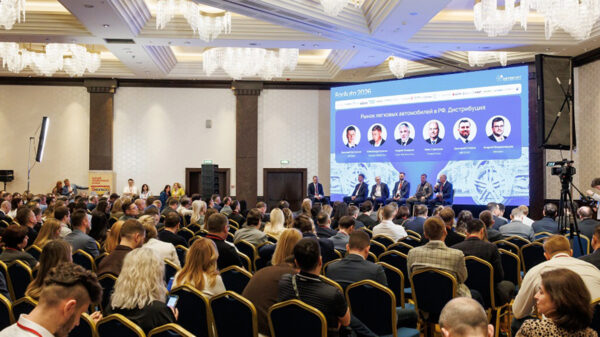 The Saudi Pro League has made headlines and attracted big-name managers and players, but can it thrive in the future? Photo: Al Ettifaq
The Saudi Pro League has made headlines and attracted big-name managers and players, but can it thrive in the future? Photo: Al Ettifaq
Chinese football's bosses ordered the Chinese men's team at the Asian Cup to watch a new documentary featuring former teammate Wayne Rooney as part of their pre-tournament preparations last month. .
Unfortunately for them, this was not one of the cheerfully uncritical biographies commissioned by Cristiano Ronaldo or Peter Crouch. According to Chinese media, it was a grim story in which Li Tie featured prominently. He was an Everton midfielder for David Moyes' Goodison Park team in the mid-2000s, a China international and now faces jail time.
Li Tie admitted in a documentary by state broadcaster CCTV about his involvement in a corruption scandal that government authorities say they uncovered in the Chinese Super League. Lee Tee was placed under investigation in 2022 and is alleged to have conspired to fix matches at two clubs before taking charge of the national team for two years until 2021. He admitted to a wide range of offences, although precise details are not available. regarding the trial or the length of his sentence.
To ensure that this message was not lost on the Chinese players, they were ordered, as the country's media reported, to write an essay about the conclusions they drew from Li Tie's misadventures. Whatever the long-term benefits, productivity was not one of them. China crashed the Asian Cup without scoring a single goal, including defeat to hosts Qatar and draws with Tajikistan and Lebanon.
On Monday, the world's most indebted company, Chinese property giant Evergrande, was liquidated in a Hong Kong court over $328bn (£285bn) in debt. Evergrande also owns a majority stake in the football club, which is currently in the second tier. During those sweet days of the Chinese football boom, Guangzhou Evergrande was managed by two World Cup-winning coaches, Marcello Lippi and Luiz Felipe Scolari, as well as a two-time World Cup-winning captain, Fabio Cannavaro. Next season they may not exist at all.
Money poured into Chinese football and then poured into players, agents and European clubs. The highlight was China's January-February window extension seven years ago when they outspent every league in the world, including the Premier League. Over the course of a couple of years, Didier Drogba, Carlos Tevez, Nicolas Anelka and others came and went, and then gradually everything fell apart.
Carlos Tevez was one of several notable players to play in the Chinese Super League in 2017. Photo: Chandan Khanna/AFP
The parallels with Saudi Arabia's boom are clear: a state-backed investment program sanctioned from the top. Huge sums of money have been spent on famous foreign names to the benefit of a largely stunned domestic audience. In China, football ultimately fell victim to the politics of the ruling elite. The political climate in the country had changed and the fate of the Chinese Super League was sealed by huge taxes levied on imported players.
Marouane Fellaini recently left, leaving the former Chelsea and Brazil star Oscar as the only big name left standing — a seven-year veteran of the boom and bust of Chinese football. The fate of the men's team has not improved during this time, although the women's team is in the top 20 of the FIFA rankings.
In the case of China, spending was not a prelude to something — it was the very essence. How might Saudi Arabia be different? Saudi Pro League clubs spent the equivalent of £800 million on fees in January last year. This fell to £25 million in January this year. Average attendance this season is 8,400. Jordan Henderson lasted seven months. Karim Benzema was forced to dismiss suggestions that he was trying to do the same.
 Before he announced his retirement from Saudi Arabia, Jordan Henderson went from playing in front of a packed, noisy Anfield to playing in front of empty stands. Photo: Getty Images
Before he announced his retirement from Saudi Arabia, Jordan Henderson went from playing in front of a packed, noisy Anfield to playing in front of empty stands. Photo: Getty Images
The country will host the 2034 World Cup finals in 10 years, which will likely force Mohammed bin Salman and his ruling elite to focus more intently than China. This policy is primarily aimed at the Saudi population, but for it to have an impact on domestic audiences, it also needs that audience to have international credibility, which is what the high-priced foreign players needed to provide.
Even an authoritarian government trying to push football onto the domestic agenda must find the cynicism of European football breathless. Despite all the lavished fees and contracts, European football does not want to be their friend — it only wants their money.
For those players and agents looking for bargains, and for clubs seeking fees to ease Financial Fair Play restrictions, Saudi Arabia briefly reinvigorated the global football economy in January last year, as China did in 2017. FIFA has partnered with Saudi Arabia in its fight. with UEFA. But whatever plans China or Saudi Arabia have to build the game are of no real interest to old European money. They just want their share of any deal that might be on the table.
In their gripping story of Crown Prince bin Salman's rise to power in Saudi Arabia, Blood and Oil, authors Bradley Hope and Justin Scheck describe the Saudi leader as he attracted the world's banking elite to Riyadh for conferences and presentations on the future of Saudi Arabia. “Attendees spent their days listening to talks about artificial intelligence and alternative energy,” they write, “but in reality they were there in hopes of getting money from Saudi Arabia's sovereign wealth fund.”
The European approach to the Chinese football market was to simply extract wealth — and that's what they did. The collapse was perhaps no better exemplified than the appropriately named Hebei China Fortune club, one of those where Li Tie was alleged to have match-fixing. Fortune's story epitomizes the rapid rise of Chinese football on the world stage.
Fortune, founded in 2009, has been run by a diverse cast of characters, including Reddy Antic, Manuel Pellegrini and Chris Coleman. By November 2022, they were in financial trouble and were fined for non-payment of wages. They finished last that season with a goal difference of minus 97, and finished last year. Their best ever finish is fourth.
Saudi Arabia should not find it difficult to do better than China, although the government's authoritarian roadmap to boost football's popularity now contains some clear lessons. . You need to spend an outrageous amount of money and expect European football to shell out as much of it as possible.


























































Свежие комментарии